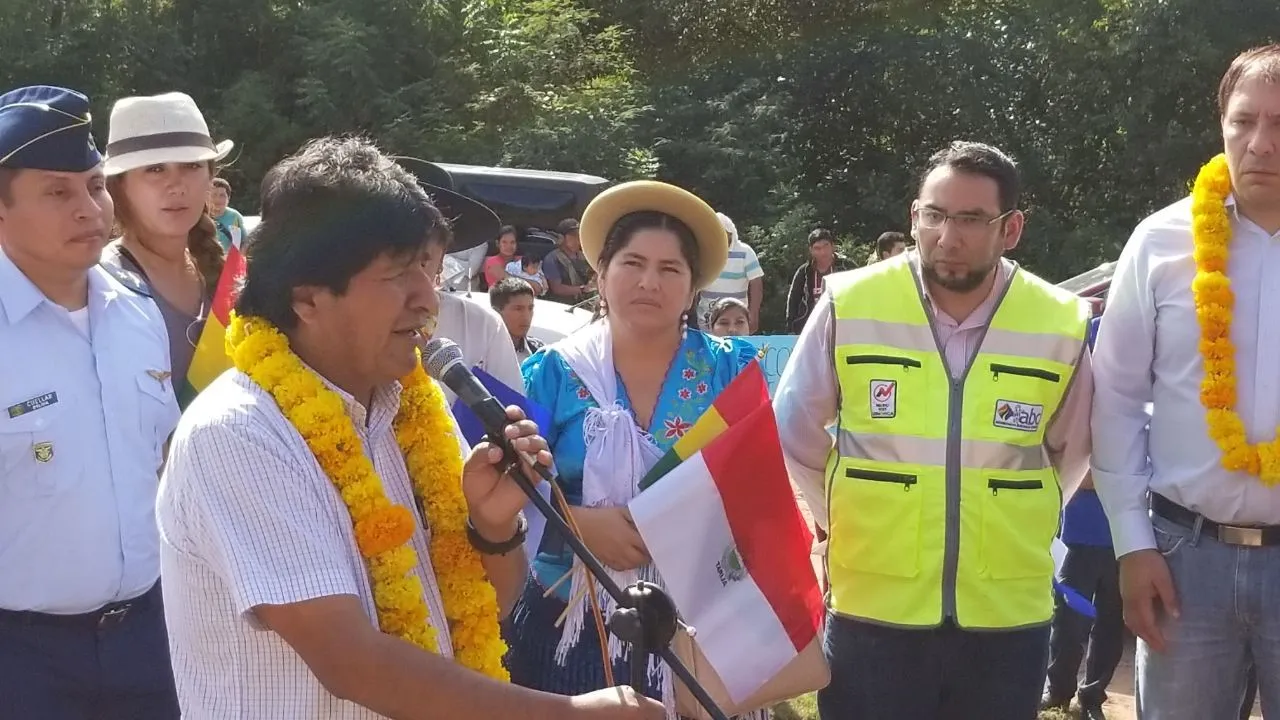
Miami-based firm IBT has completed its construction work on a highway link in Bolivia’s Chaco Region. The project cost US$84 million to carry out and is of importance to Bolivia, as it will improve transport connections and improve trade and tourism in the area. The improved route will also make a major boost to safety as the original road had the reputation of being one of the 10 most dangerous mountain roads anywhere in the world.
The 61km highway project included moving 5.4 million m3 of earth before the asphalt could be laid. "It was a massive earth-moving effort with a tremendous outcome. As a result, drivers are able to drive faster and safer, reducing their travel time by more than two hours,” said Daniel Toledano, managing director and chief operating officer of IBT.
Built by IBT’s parent company Eurofinsa, the Entre Ríos-Palos Blancos Highway crisscrosses six rivers, large ravines, and six mountainous areas with water falls more than 100m high, making it the most relevant and complex project connecting the city of Tarija with O'Connor Province and Gran Chaco province. The project required the construction of three new bridges, more than 200 transverse drainages and other hydraulic infrastructures that help to ensure the road is passable during the rainy season.
The city and provinces are in the department of Tarija in southeastern Bolivia, which borders Argentina to the south and Paraguay to the east. According to the 2012 census, the Tarija department has a population of 482,196 inhabitants.
Bolivian president Evo Morales and local authorities inaugurated the two-lane highway with a celebratory party that included a caravan, traditional dances and rituals characteristic of the region.
Another important milestone was the rescue and conservation of pre-Hispanic urns and ceramics found at the Tacuarandí site, located in the community of the same name, which were delivered in August 2017 to the Isidora Ortiz Cultural Center and Municipal Museum in the municipality of Entre Ríos.








